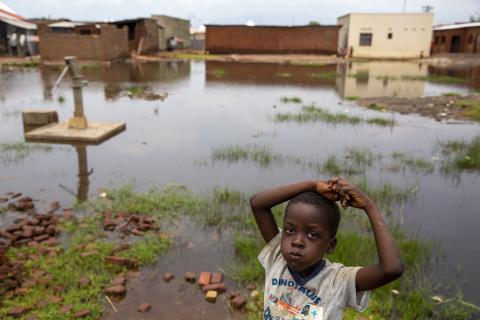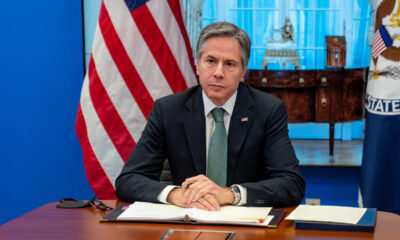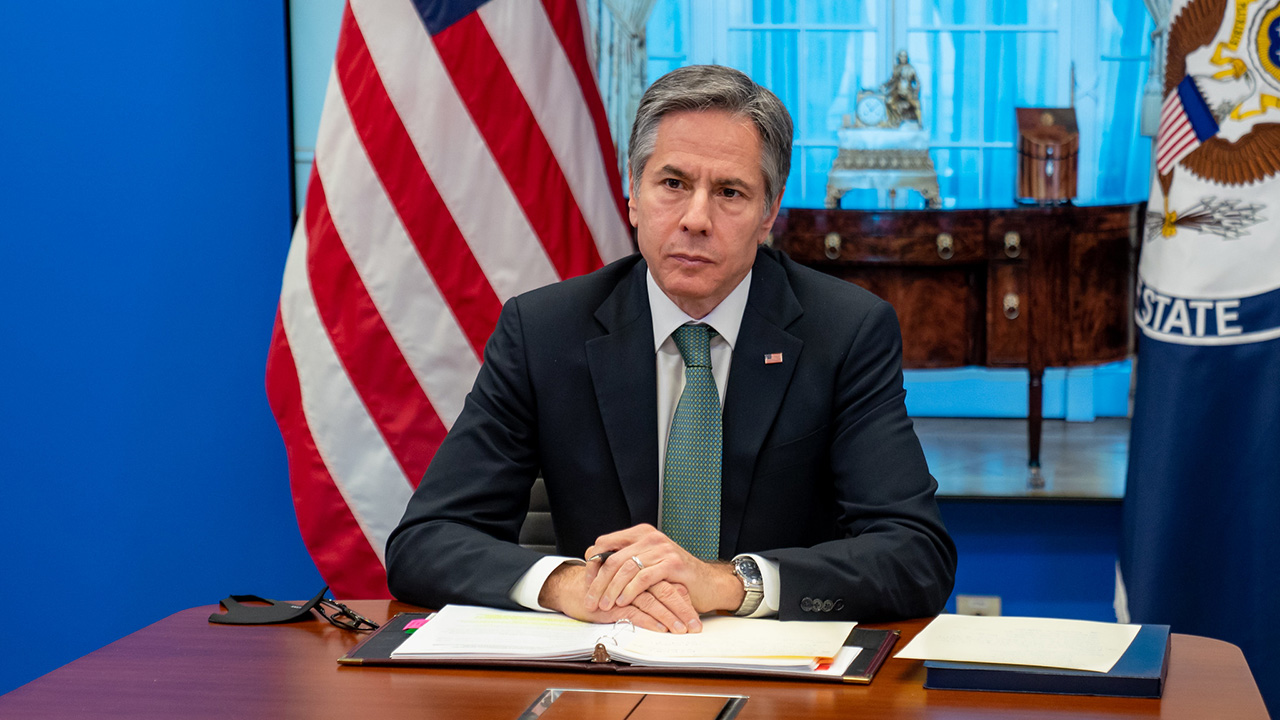More than 110 million Nigerian children are at risk of the effects of climate change, according to the United Nations International Children’s Emergency Fund (UNICEF).
According to a UNICEF statement released in honour of World Children’s Day with the theme “For every child, every right,” children from various regions of Nigeria, including Abuja, Kano, Lagos, Enugu, Sokoto, and Maiduguri, led discussions at events across the nation about the significant effects of climate change on their lives and futures. The celebration of World Children’s Day in Nigeria was centred on child rights in the face of an increasingly dire climate.
It read, “The discussions covered various critical issues, including the direct health impacts of climate change on children, such as increased physical dangers, waterborne diseases, and malnutrition. The event also shed light on the alarming rate of child displacement due to environmental disasters, with 650,000 children displaced from 2016 to 2021 due to floods.
“Nigeria, as the second most vulnerable country worldwide in terms of children’s exposure to climate change, faces severe challenges. Over 110 million Nigerian children are at risk, having confronted the harsh realities of rising temperatures, flooding, drought, and severe storms.”
With the drought in Eastern Africa and destructive rainfalls in the Sahara, the effects of climate change have been hitting Africa deeply lately. The African Development Bank (AfDB), recently revealed that climate change had caused Africa to lose between 5% and 15% of its GDP (gross domestic product) per capita growth annually.
Nigeria, one of the nations most exposed to the negative effects of climate change, has to respond to the issue of climate change quickly and comprehensively, taking into consideration the needs of women and children, as well as other vulnerable groups when making decisions and putting the National Climate Change Action Plan into action, according to some experts.


 Politics2 days ago
Politics2 days ago
 Musings From Abroad2 days ago
Musings From Abroad2 days ago
 VenturesNow2 days ago
VenturesNow2 days ago
 VenturesNow2 days ago
VenturesNow2 days ago





















